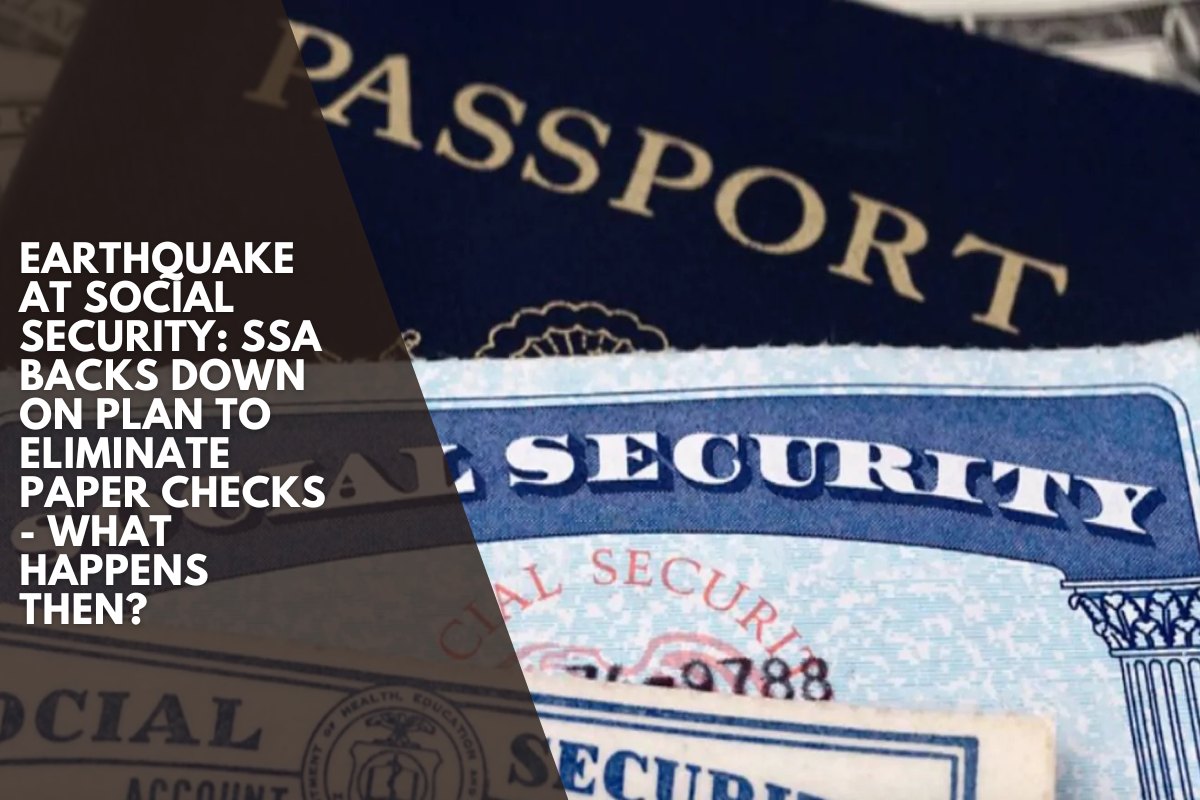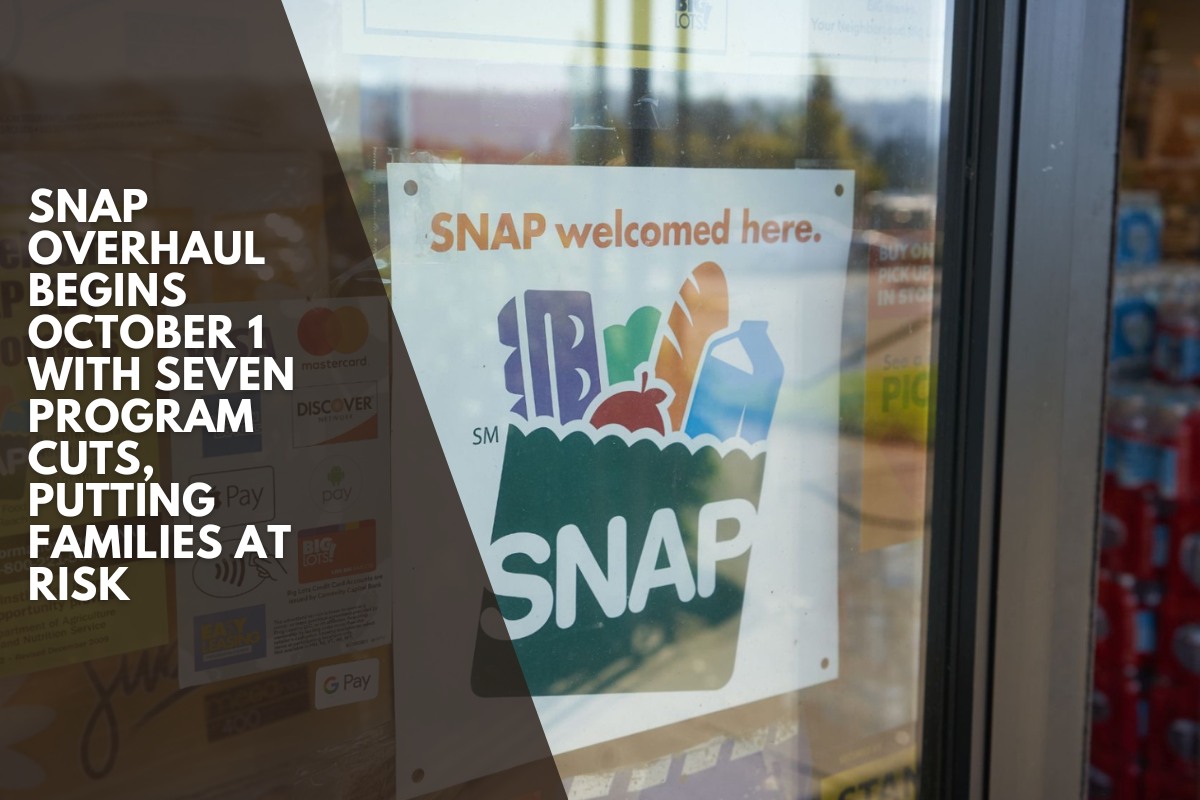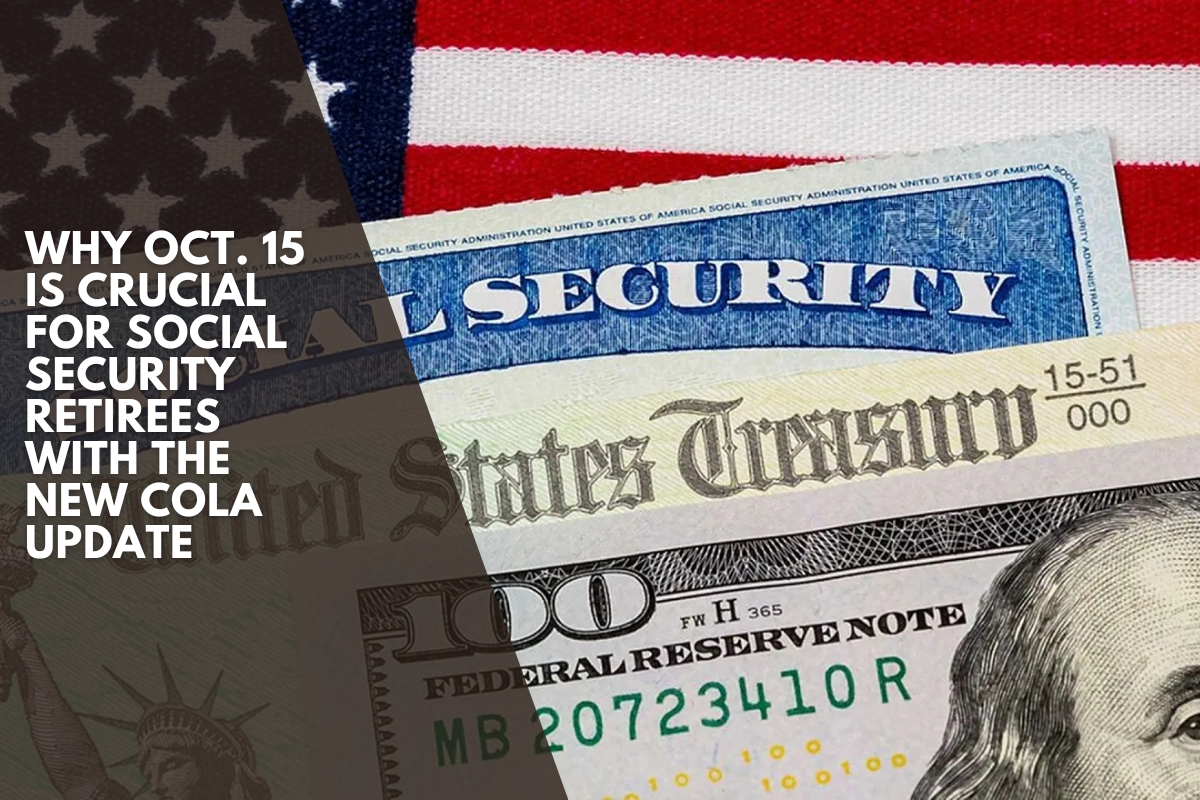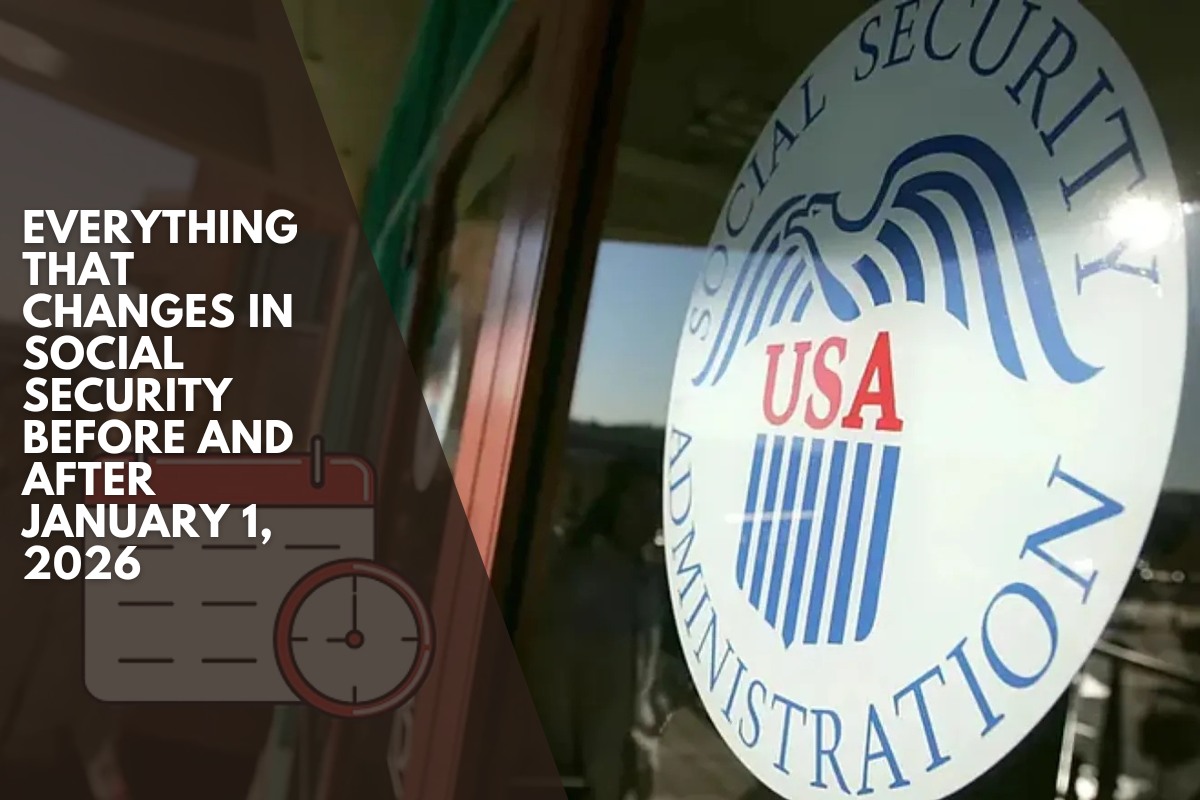In a significant policy reversal, the Social Security Administration (SSA) has confirmed that paper checks for beneficiaries will not be eliminated, abandoning a previously announced plan to end such payments by September 30.
The decision comes amid mounting pressure from lawmakers and advocates who claim that the change will disproportionately affect vulnerable Americans, such as the elderly and unbanked.
According to Senator Elizabeth Warren, Social Security Commissioner Frank Bisignano clarified during a recent meeting that the agency will continue to provide paper checks to those in need, reversing a previous policy.
“Bisignano made a commitment that no one will be left behind,” Warren told reporters. “And that people who have access to paper checks will get access to paper checks.”
The SSA initially justified the shift to electronic payments by citing faster delivery, increased security, and cost savings–citing a per-check cost of 50 cents versus 15 cents for electronic transfers.
However, the proposed move raised concerns about accessibility for Americans who use paper checks. Although they account for less than 1% of all beneficiaries, they total 520,000 people.
SSA to under-go internal audit amid criticism of Bisignano
The SSA’s now-rescinded plan highlighted broader economic inequities in the United States, particularly for unbanked or underbanked individuals, as millions of people lack access to traditional financial institutions, according to Bankrate and AARP data.
Nearly 20% of households headed by someone over the age of 65 fall into these categories, and they frequently use non-bank financial services such as check-cashing stores or digital wallets like PayPal or Venmo.
Receiving funds electronically can be difficult for these people due to technological barriers, and advocacy groups have warned that eliminating paper checks could cut off a critical financial lifeline for those who are already struggling.
Warren, who heads the Senate Democrats’ Social Security War Room, stated that she “secured key commitments and admissions” from Commissioner Bisignano, including not only the continuation of paper checks but also agreements on transparency and accountability.
One of the meeting’s most significant outcomes was Bisignano’s agreement to an independent audit of SSA’s performance data, which will be led by the agency’s inspector general and will look at how metrics are collected and reported.
“Recent reporting highlighted that under Bisignano’s watch, SSA has removed key service metrics, such as call wait times, from its website,” Warren said, adding that her office’s own investigation discovered the remaining data to be “inaccurate and misleading.”
The commissioner reportedly agreed to release critical information, such as statistics on dropped calls, misrouted transfers, and the percentage of cases resolved over the phone.
Senator Warren raised concerns about SSA workforce reductions and their potential impact on customer service, which Bisignano addressed.
He highlighted improvements in service delivery, such as a reduction in average phone wait times from 30 minutes in 2024 to 18 minutes in 2025, as well as a 25% reduction in disability claim backlogs.












